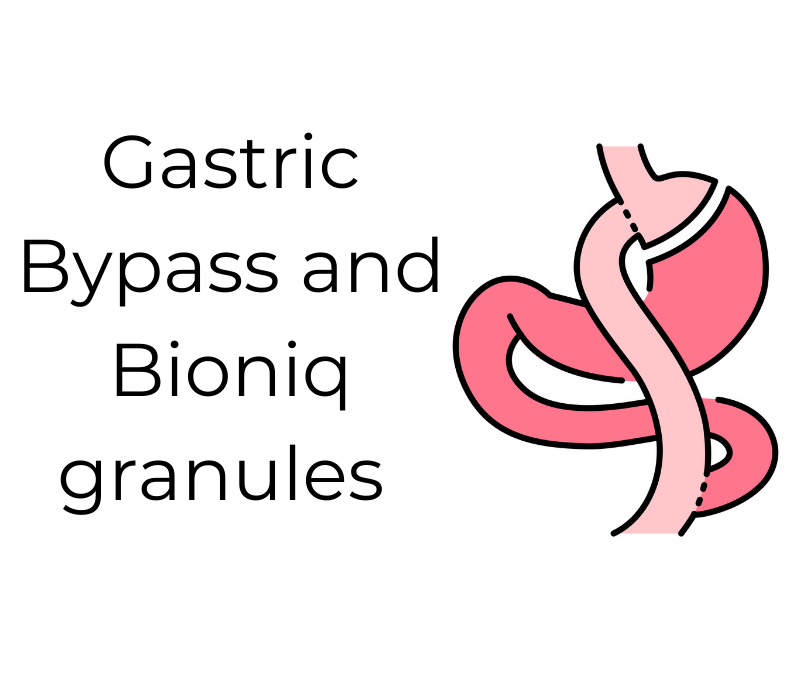
We all know that the human body is very complex and intertwined. But did you know that there's a connection between your gut and your brain? They communicate through a network of nerves and chemicals called neurotransmitters.
Neurotransmitters, which are created in the brain, play a key role in the regulation of emotions. Serotonin regulates your mood, appetite and has been shown to help control sleep cycles. New research has discovered that a large portion of serotonin is actually created in the gut by millions of microbes and bacteria, as well as a neurotransmitter called gamma-aminobutyric acid (GABA), which helps control feelings of fear and anxiety.
Research has shown that there is a link between chronic stress and IBS (irritable bowel syndrome) and that your mood can be affected by the type of gut bacteria that inhabits your body (like "bad" microbes and heightened anxiety).
Sometimes it's hard to figure out if your health issues are caused by your brain or by your gut – this is why it's always important to look at your body as a whole. Specialists recommend eating a diet rich in foods that support your microbiome – a universe of bacteria and viruses living in your gut.
Some food groups are especially beneficial for the gut-brain axis:
Omega-3 fats: These fatty acids are mostly found in oily fish. Research has shown that omega-3's can increase "good" bacteria in the gut and reduce the risks of certain brain disorders in humans and animals.
Tryptophan-rich foods: Tryptophan is an amino acid that is converted into the neurotransmitter serotonin. Turkey, eggs, and cheese are high in tryptophan.
Polyphenol-rich foods: Chocolate, green tea, olive oil and coffee all contain polyphenols, which are plant chemicals that are a great food source for the gut microbiome. They increase healthy gut bacteria and have been shown to improve cognitive function in some studies.
Fermented foods: Yogurt, kombucha, and some types of cheese contain healthy microbes such as lactic acid bacteria. Fermented foods have been shown to have a positive impact on brain activity.
High-fiber foods: Whole grains, nuts, fruits, and vegetables all contain prebiotic fibres that are good for your gut bacteria. Studies have shown that prebiotics can reduce the stress hormone cortisol in humans.
Certain studies also suggest that mindfulness has the ability to affect not only the mind but also the body as a whole. Yoga and meditation have been practised for centuries and help you learn to control your parasympathetic nervous system. When you relax and slow down your breathing – you promote digestion. There has even been evidence that practising "loving-kindness" meditation has an impact on the length of telomeres – the tips of our DNA that protect them from damage and shortening! These types of practices only take a few minutes a day but can have a profound effect on you.


%20(1).png)